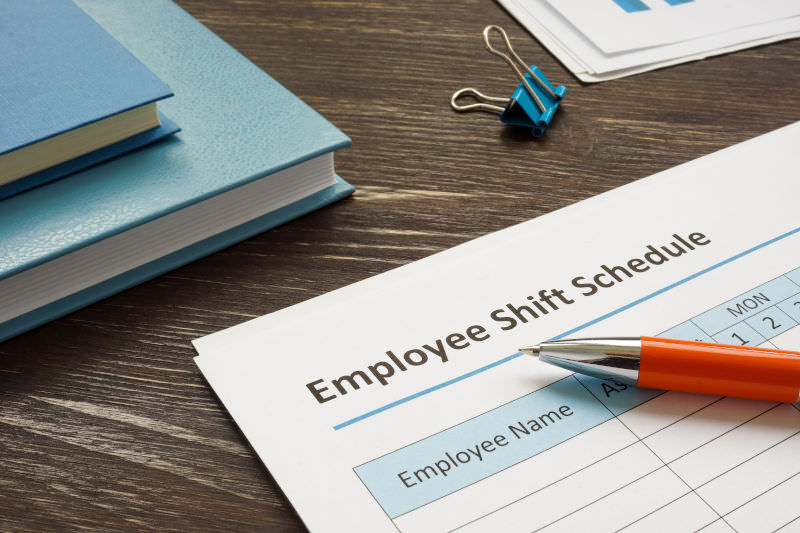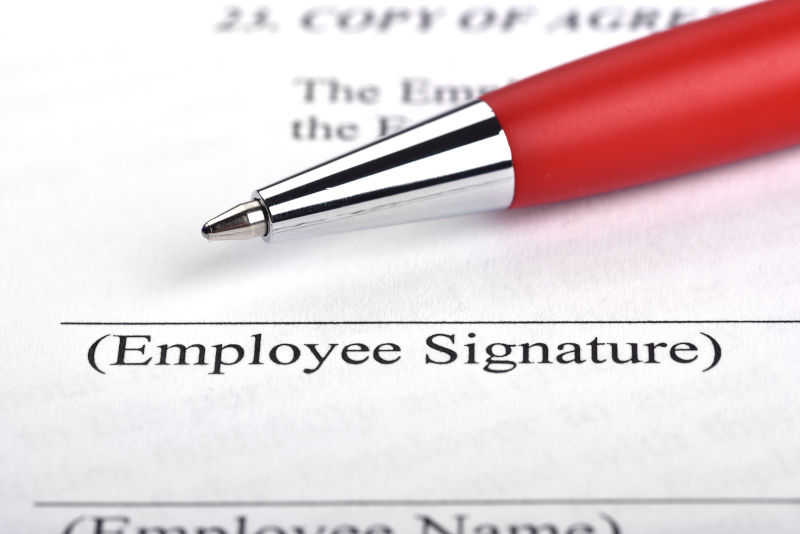There’s been a lot in the news recently about ‘employment status’ and whether people are ‘self-employed’ or ‘workers’, so much so that you might be starting to wonder if any of this applies to you. Here’s our guide to working out whether you are an employee, a worker or self-employed.
Do you have a contract of employment?
If you have a contract of employment, chances are, you are an employee. This means that you are entitled to the full range of employment rights and protections, and don’t have to worry.
What if I don’t have a document called a ‘contract of employment’?
This is where it starts to get interesting. You may not have a specific document entitled ‘contract of employment’ – but this doesn’t mean that you are not an employee. If the person you work for provides you with work, which you are obliged to do, and you cannot send someone else along to do the work in your place, you may well be an employee – or at least a ‘worker’.
If you are an employee:
- There is probably someone at your place of work who tells you what to do and can instruct you how to do it
- You are expected to be at work unless you are sick or on holiday
- You have a minimum number of hours to work and can expect to be paid for the work
- You are paid for your holidays
- You will have access to a pension scheme through the organisation you work for
- Your employer provides the equipment you need to do the job – a computer, a phone, a car, tools, a uniform
- There are disciplinary and grievance procedures that apply to you
- Your wages are paid after PAYE tax and National Insurance have been deducted
There are some other indicators that you are an employee too. If most of them apply, you are probably an employee.
How can I tell if I am a ‘worker’ and not an ‘employee’?
A ‘worker’ still works under a contract – written or unwritten – to do work personally for an organisation in return for a reward of some kind. This could be payment for the services or the promise of more work in the future.
If you are a worker:
- There may be some circumstances in which you can send someone else to do the work, but essentially, the agreement is that you will do the work
- You have to go to work
- The employer has to have work for you to do during the contract
- You are working on your own account, and not as part of your own limited company, where the organisation you’re working for is the customer of your company.
Workers are not entitled to all the rights and protections that employees benefit from, but they still have some benefits. The rules relating to the minimum wage and working time apply. Workers are also protected by the rules prohibiting discrimination and protecting whistle blowers in the same way as employees.
What about people on zero hours contracts?
If you work for an organisation on a casual basis, for example under a zero hours contract, you are probably a worker. If your employer doesn’t have to offer you work – and you don’t have to do it when it is offered, but nevertheless you work for the organisation occasionally, you will probably be a ‘worker’. Things to look out for are whether you had to agree to certain terms and conditions of employment to get the work in the first place; whether someone tells you what to do and how to do it when you are in work; you must do the work yourself.
What if the organisation I work for says I am ‘self-employed’?
There’s been a big explosion in self-employment and freelance working over the last few years, and it’s given rise to the term ‘gig economy’. This relates to the scenario where people work for different organisations, taking individual ‘gigs’ and paid on that basis. This has become a popular business model in many sectors, from plumbing to food delivery, taxi services to web design. However, it looks like some of these organisations have been exploiting this opportunity, depriving the people carrying out these ‘gigs’ of their employment rights.
So how can I tell if I am genuinely self-employed, or actually a ‘worker’?
There have been 2 cases recently that seem to contradict each other, but have actually made some good points which should help you decide if you are really self-employed, or actually a worker. In the Uber case, the Employment Appeal Tribunal has upheld a decision that Uber taxi drivers are ‘workers’. On the other hand, the Central Arbitration Committee (CAC)has decided that Deliveroo cycle and motorcycle couriers in Camden and Kentish Town, London, are genuinely self-employed.
- If you can send anyone along to do the work that you have agreed to do, in other words, there is no requirement for you to give ‘personal service’, then you are probably self-employed.
- If you provide your own tools and equipment and are free to carry out the job as you choose, without being instructed or supervised by an employee of the organisation you are working for – you are probably self-employed.
- If you are responsible for paying your own tax and national insurance, you are probably self-employed.
What if my contract says I am self-employed?
The Uber and Deliveroo cases both make it clear that what is important is not the words written in the contract, but how it works in practice. In the Deliveroo case, the contract stated that a rider could let someone else carry out any particular delivery, and could let them use their log in to the Deliveroo app. Although the Union tried to argue that this was a ‘smokescreen’, the CAC heard evidence that this happened in practice with the knowledge and approval of Deliveroo. In contrast, the rules that Uber drivers must follow make it clear that they cannot share log ins or substitute for each other.
So what can I do if I think I am a worker?
If you think you are actually a worker, when the person you work for is trying to maintain that you are self-employed, you need to do something about it otherwise you may end up being deprived of rights that you should have: rights to receive the minimum wage, and to paid holidays for example, as well as statutory redundancy pay, maternity pay and paternity pay among other things. If you can, talk to the person you work for and explain why you think you are a worker. If you are not being paid the minimum wage, or you aren’t being given paid holiday, and the person you work for doesn’t recognise that you are a worker, you may want to consider bringing an employment tribunal claim.
Here at Truth Legal, we have lots of experience working with people who are being deprived of their basic employment rights. We can take a look at your situation and advise you about the Employment Tribunal process. Give us a call – there’s no obligation to go ahead, and you’ll have a better idea of where you stand!
Further Reading
From one of the UK’s most read legal blogs.











